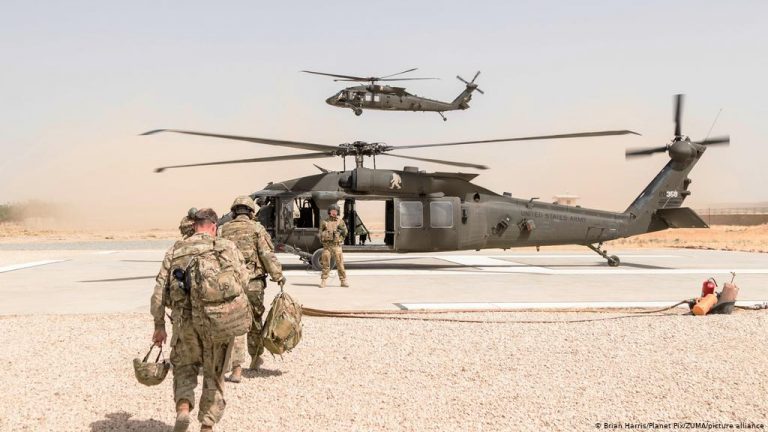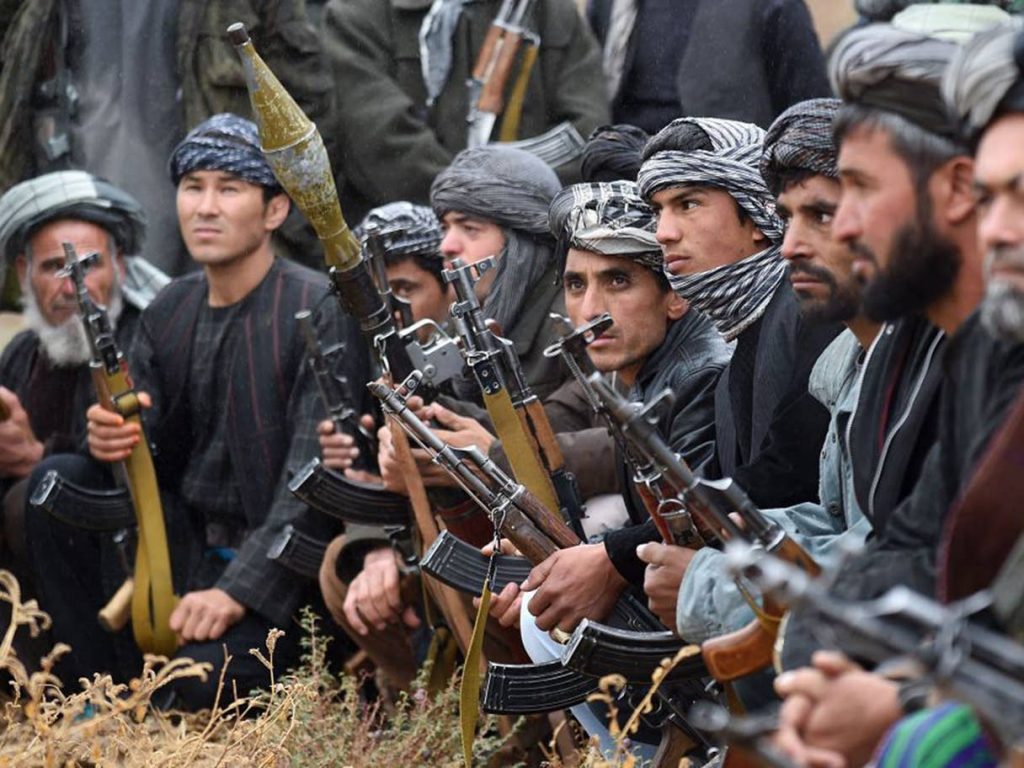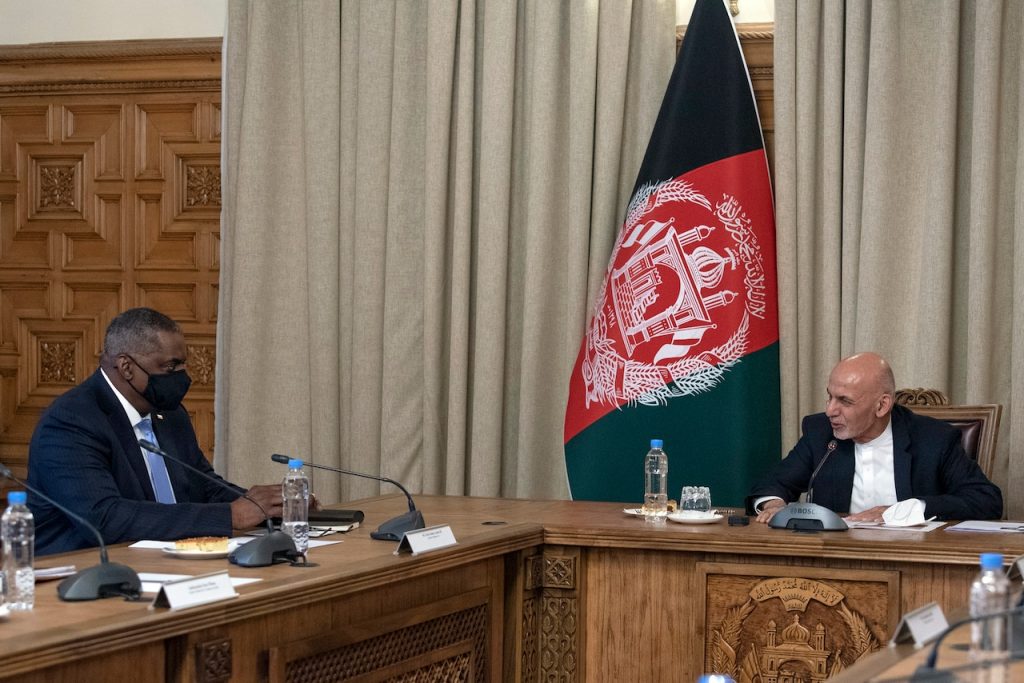Today, the Taliban’s offensive continues unbated in Afghanistan. The Taliban will gain control of most of Afghanistan, surely. They will face resistance in some parts of the country dominated by Uzbeks, Tajiks, Turkmen and Hazaras (non-Pushtun minority populations). However, the Taliban will not expand their influence and control outside Afghanistan, because the Taliban will be busy fully controlling the country for years.
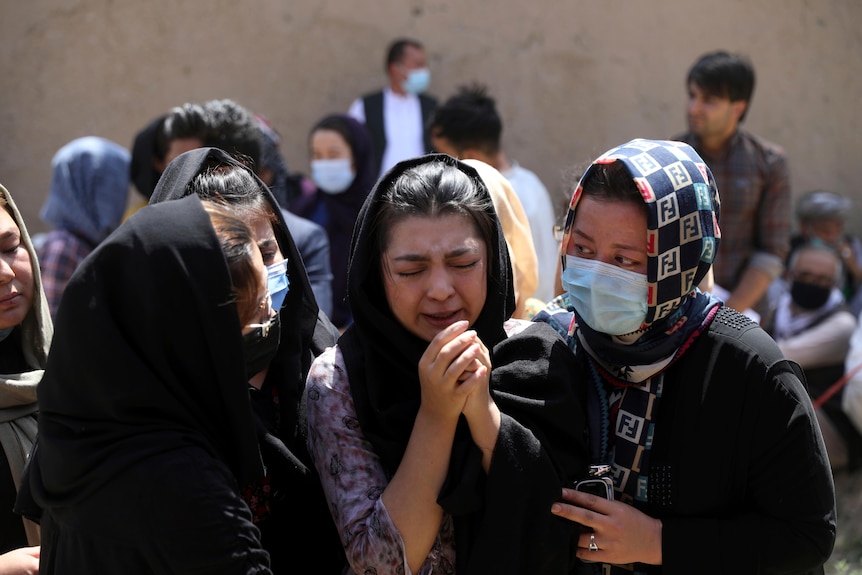
When the Taliban take control over Kabul, Pakistan would support the Taliban regime in Kabul.
The new Taliban regime will not be able to effectively manage the Afghan economy. however, this would not lead to a new offensive on Central Asian states. Most likely, the Taliban will not even try to launch an offensive against Tajikistan or Uzbekistan.
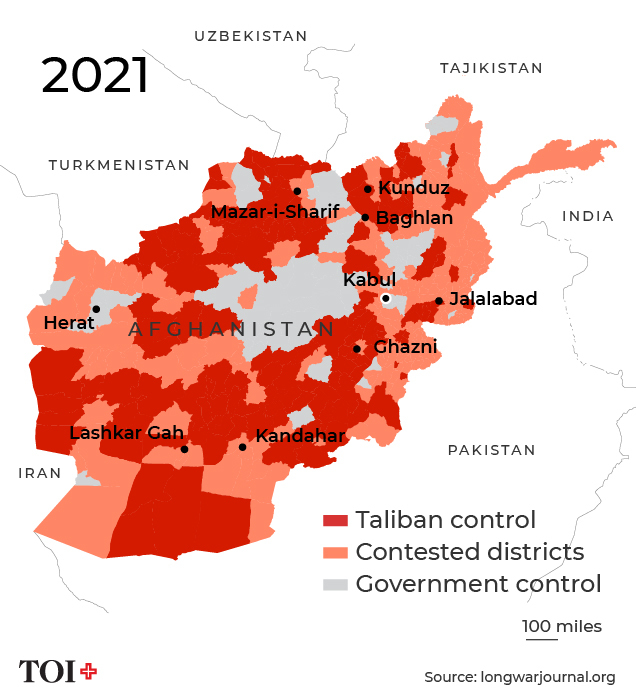
Most importantly, President Biden recently announced that Kabul can resist without American support on the ground. Defiantly, President Biden is flat wrong on this one.
The Taliban takeover of Afghanistan will surely happen. It is only a matter of time.
The future Taliban regime will face tremendous internal and external challenges for years to come. There will also be a civil war inside the country even when the Taliban control Kabul. Most likely, China will have most influence, then secondly Russia, and thirdly Pakistan.
It is highly likely that the region will face serious destabilization because of Afghanistan’s instability and security challenges.
Post Author
Author
-

Political Analyst, PHD, an independent scholar focusing on global politics, American foreign policy, governance, and political issues of South and West Asia regions.
View all posts


